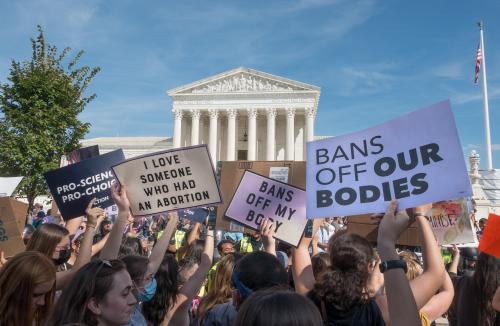Executive Summary
The U.N. Human Rights Council has established a growing number of commissions of inquiry with mandates not only to investigate facts regarding major human rights crises but also to identify perpetrators for the purpose of holding them accountable under international law. What does this demand for accountability mean specifically? This paper proposes a typology of accountability—moral, political, and legal—to help distinguish among the various objectives of these mandates and examines specific outcomes of 17 different commissions of inquiry established by the Human Rights Council between 2006 and 2016 against these criteria. It concludes that the high expectations associated with legal accountability, particularly under international criminal law, should be reduced in favor of greater attention to the truth-telling and political accountability aspects of their mandates. These elements, if strengthened, will, in turn, increase the odds that legal accountability will be achieved.



